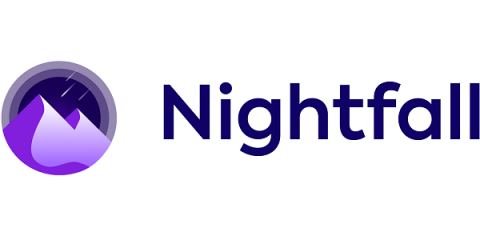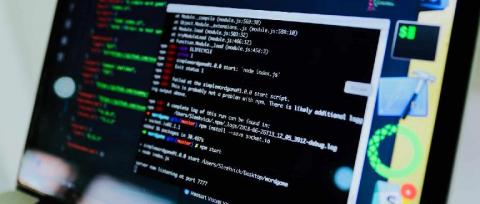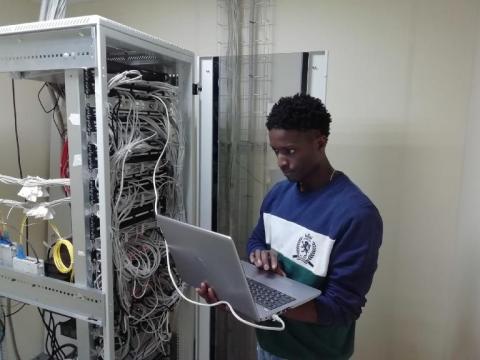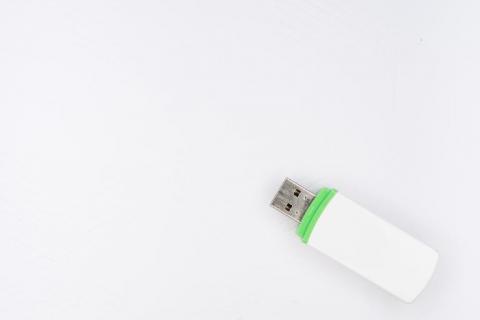The Fintech Sector is Under Cyber Attack - Here's How Companies Are Protecting their Data
Fintech companies – those that offer technology to support the banking and personal finance industry – are increasingly at risk of cyberattack. After healthcare, fintech is the second most frequently attacked industry, according to Alissa Abdullah, senior vice president of cybersecurity technology at Mastercard. Fintech News found that 27% of attacks target banks or healthcare.











